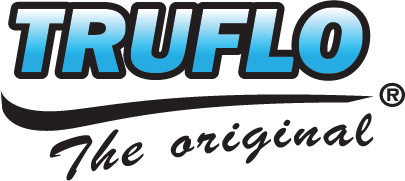Gardening Wood Vinegar Truflo
Introduction
Wood Vinegar, also called pyroligneous acid, liquid smoke, pyrolysis water, smoke water, wood distillate or Mokusaku, is an amber liquid produced through the natural act of carbonization during charcoal/biochar production.
Wood vinegar is acidic with a pH of around 2.5 – 3.0 and contains a multitude of organic compounds: the major components aside from water include acetic acid and methanol. The composition and properties of wood vinegar depend on feed source materials as well as the method (time/temperature) of pyrolysis.
Uses:
There are many claimed uses for Wood Vinegar but the main commercial applications are: a food additive for enhanced smoke flavoring, industrial source of acetic acid, tar and creosote production, waste water treatment, animal husbandry, human medicinal purposes and agriculture.
Benefits on crops
Stimulates vegetable growth
Strengthens roots and leaves
Enriches soil fertility
Reduce odor
Works as flavour enhancer for agricultural end products
Inhibits virus and soil disease when mixed in high concentration
Increases the quantity of useful microbes
Repels insects on plants
Prevents diseases caused by bacteria
Improves fruit quality and increases sugar content in fruit
Nourishes seeds for germination
Nourishes seeds for germination
Facilitates composting

